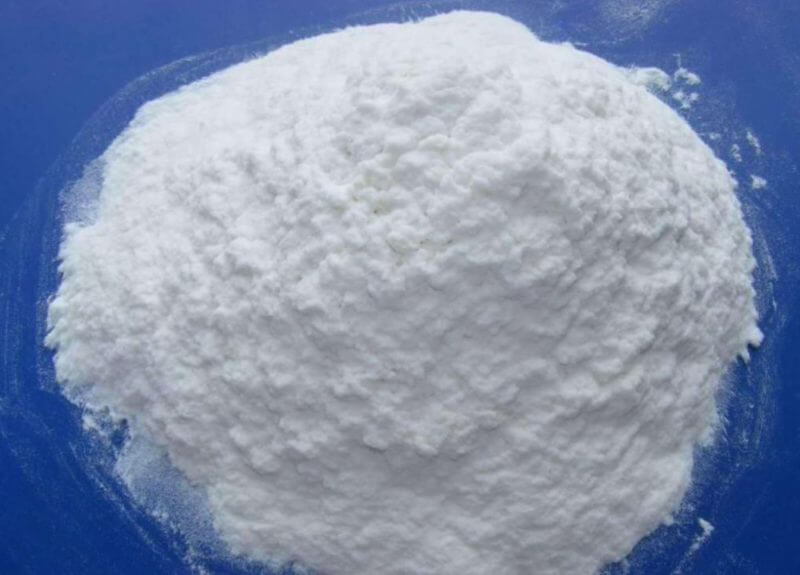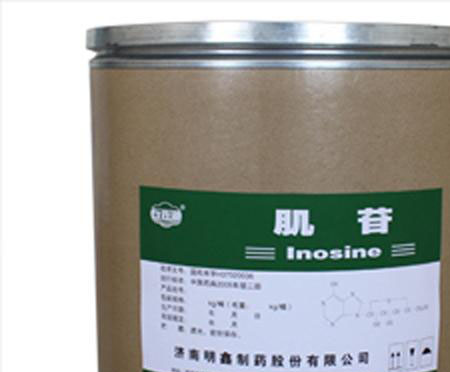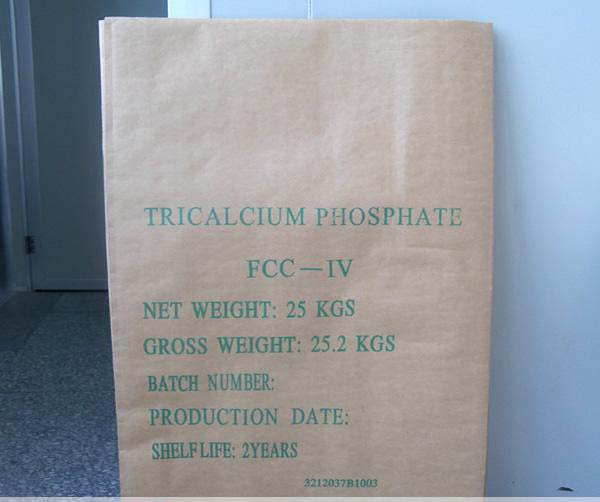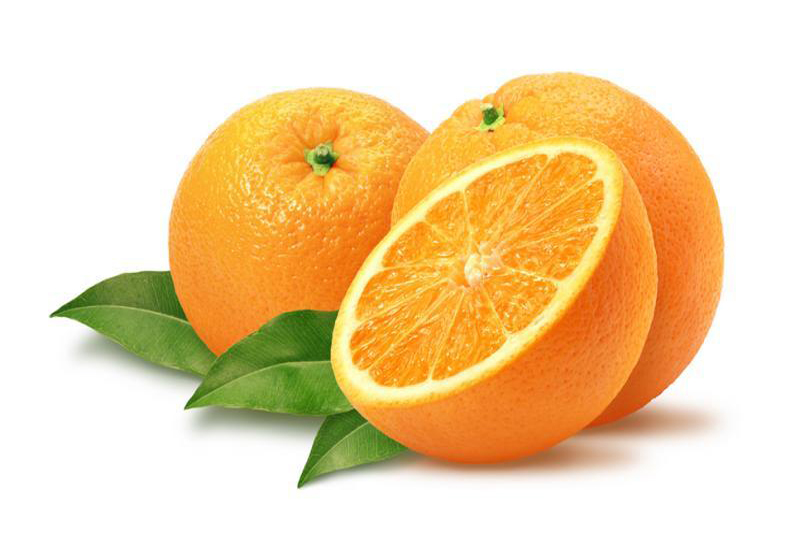Does anyone know if Sodium Carboxymethyl Cellulose E466 is gluten free? 
Yes, Sodium Carboxymethyl Cellulose is gluten free and widely used in gluten free food used as a toughener, stabilizer, thickener, water maintainer and emulsifier in drinks, milk products, flouring products and seasoning.
Why is Sodium Carboxymethyl Cellulose E466 gluten free?
Gluten is a type of elastic grain protein that helps wheat, rye and barley hold their shape. Because of its glue-like properties, gluten is often added to other food products—pasta, sauces, crackers, baked goods—to thicken or bind those products together. Raw materials used in manufacturing of Sodium Carboxymethyl Cellulose are cellulose; So The manufacturing process of Sodium Carboxymethyl Cellulose is gluten free. So, Sodium Carboxymethyl Cellulose is gluten free.
What foods contain Sodium Carboxymethyl Cellulose E466?
Sodium Carboxymethyl Cellulose is a thickener for toothpaste and used in the food industry, but the application of CMC is most extensive. CMC acts as colloid that helps to shape and conglutinate the dense-degree suit and can keep the stable cream body appearance. After CMC fuse deeply the light rate is high, have better flow to change the function and touch to change the function.
Why should you go Gluten free, Gluten free foods are good or not?
People with celiac disease or Gluten intolerance or sensitivity should intake gluen free foods. Nowadays more and more groceries and health food stores stock gluten-free products. That’s good for people with celiac disease, who for health reasons should not eat wheat with gluten. The market for gluten-free products is exploding. Many people may just perceive that a gluten-free diet is healthier.
Is it necessary for all people to eat gluten foods? In fact, it isn’t. For people with celiac disease, a gluten-free diet is essential. But for others, unless people are very careful, a gluten-free diet can lack vitamins, minerals, and fiber.
How to avoid Gluten ingredients?
Someone is strict adherence to a gluten-free diet for life. It requires knowledgeable nutritional counseling and frequent updates as commercial food contents change. must be alert to hidden sources of gluten such as HVP/HPP (hydrolyzed vegetable/plant protein). Today’s processed and packaged foods have many hidden sources of gluten, which can be unintentionally ingested. To be safe, a person should read ingredients on labels every time they purchase food as manufacturers frequently change ingredients.




